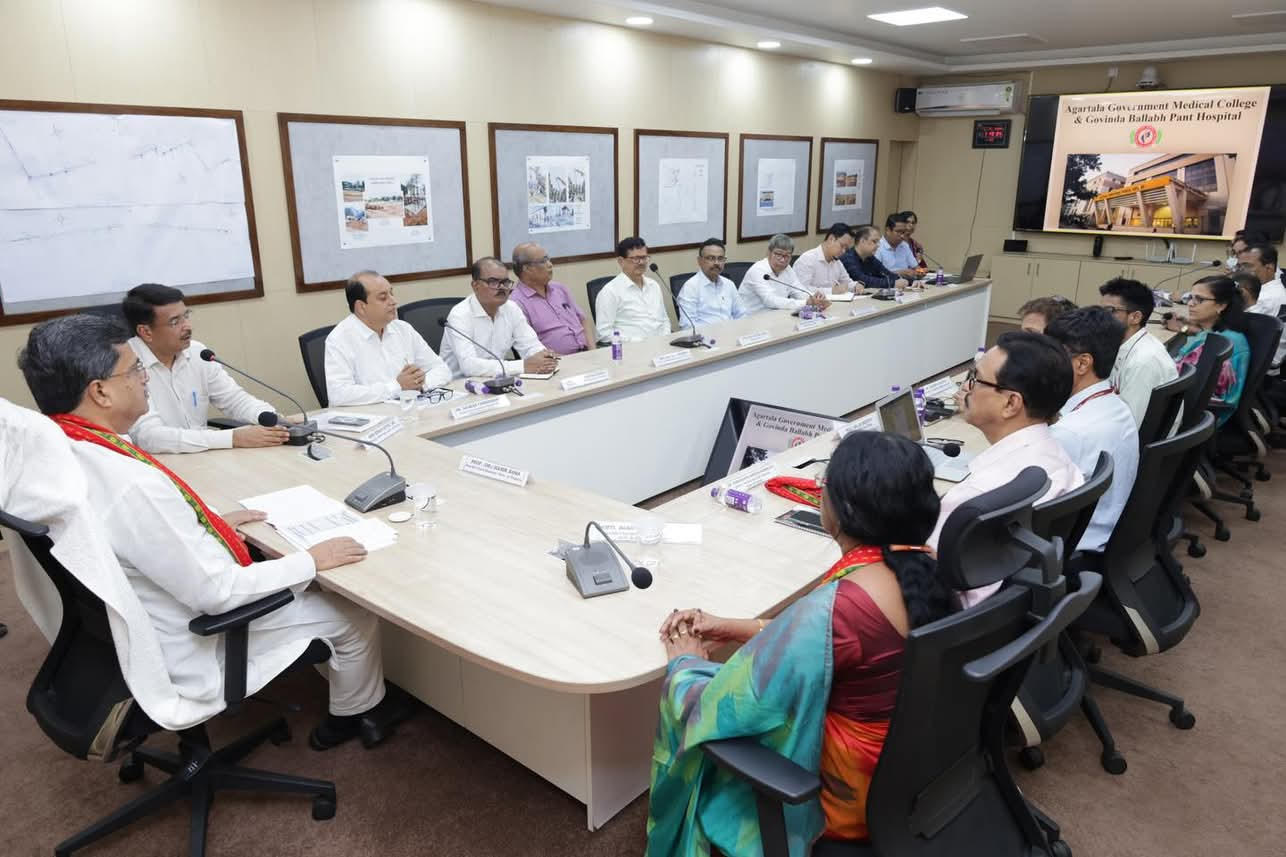
Tripura Chief Minister Prof. Dr. Manik Saha today said that telemedicine service is one of the most important issues in the medical field at present, and launching tele-education and tele-consultation is part of the government's vision.
“The state government is committed to providing better medical services to the citizens of the state. To this end, the government is working on improving medical services and infrastructure in other health institutions, including AGMC and GBP Hospital,” said Dr. Saha.
Dr. Saha, who is also the Health Minister of the state, made the remarks while meeting a delegation of doctors from the All India Institute of Medical Sciences (AIIMS), New Delhi, who are visiting the state, at the conference hall of TIFT at Dr. Shyama Prasad Mukherjee Lane today.
The delegation, led by AIIMS Director Prof. (Dr.) M. Srinivas, included Dr. Ramesh Agarwal, Dr. Laxmitej Undavalli, and Dr. Aruna Kumari.
During the meeting, the Chief Minister reiterated that telemedicine service is currently one of the most crucial areas in the medical field.
He also mentioned the government's vision to launch tele-education and tele-consultation services in the state.
Dr. Saha sought the necessary advice and assistance from AIIMS Director Prof. (Dr.) M. Srinivas for the further improvement of medical services and infrastructure at AGMC and GBP hospitals.
In the meeting, Health Secretary Kiran Gitte outlined the steps taken by the government to improve the state’s health infrastructure and services.
Details were also shared about the current status of ongoing projects, including medical services for patients at AGMC and GBP hospitals, and developments in the health education sector.
AIIMS Director Prof. (Dr.) M. Srinivas presented AIIMS's vision to provide necessary assistance in improving the state's health system.
He emphasized the need to focus on areas such as super specialty services in medicine, building information and technology-based paperless hospitals, strengthening the administrative system in hospitals, high-quality emergency medical services, and providing necessary training for healthcare personnel.
Read more ...
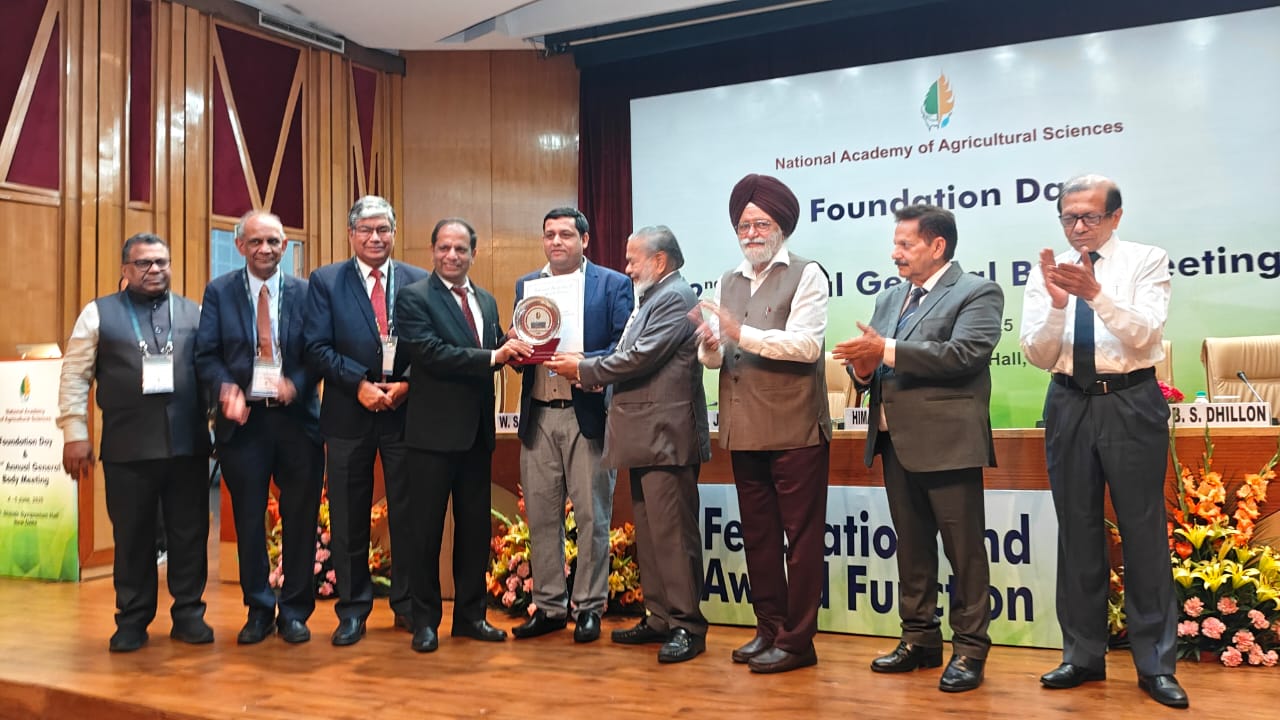
June 7, 2025
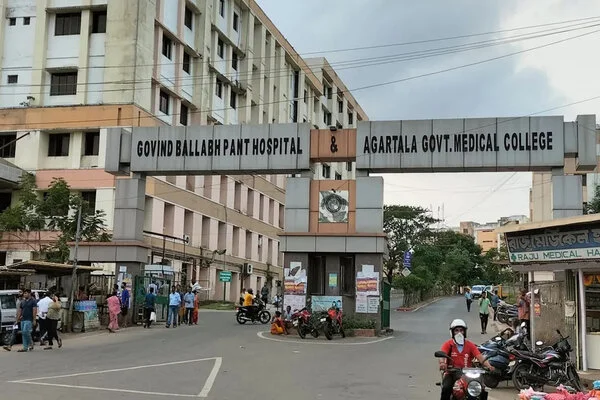
June 7, 2025
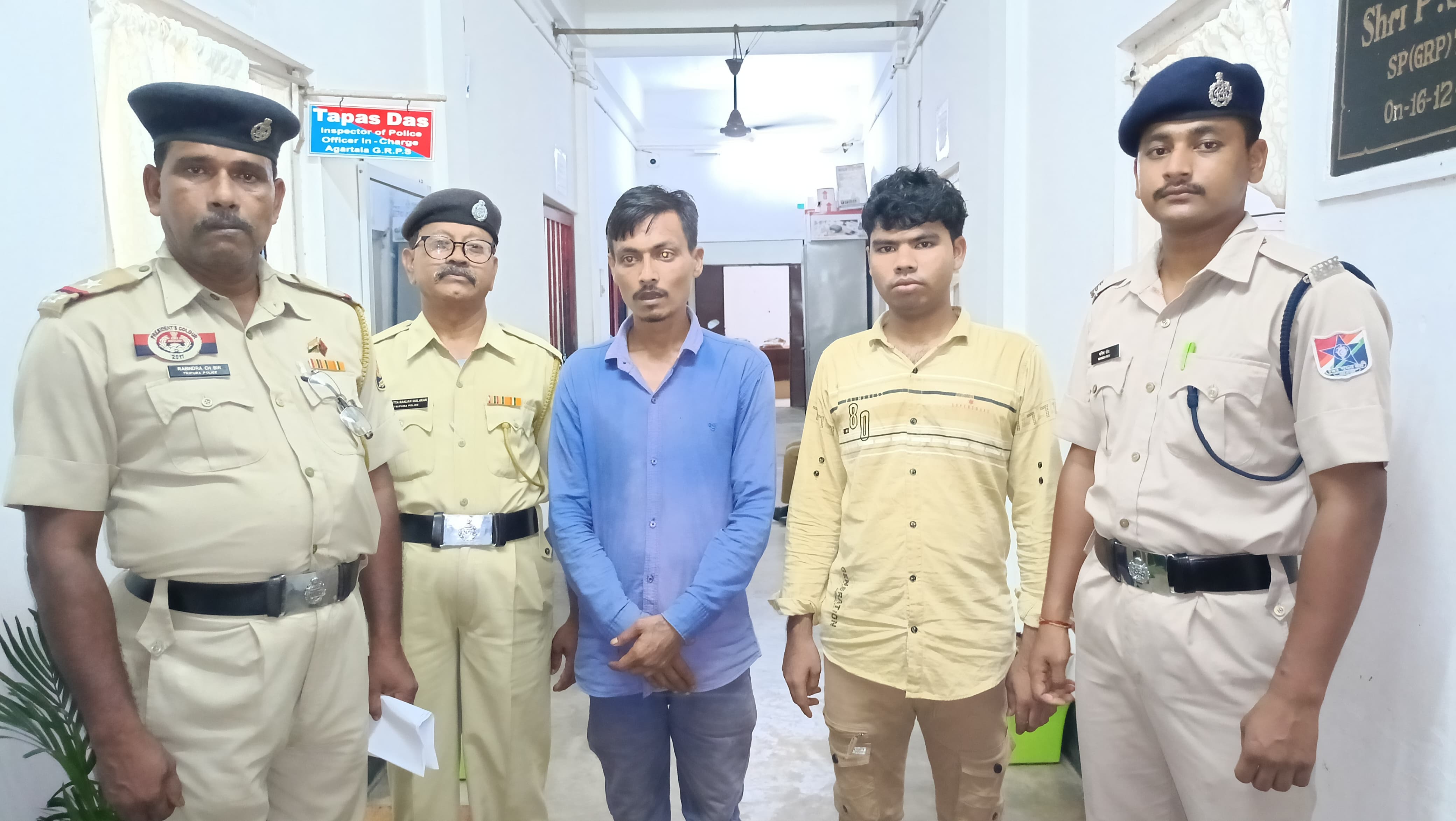
June 7, 2025
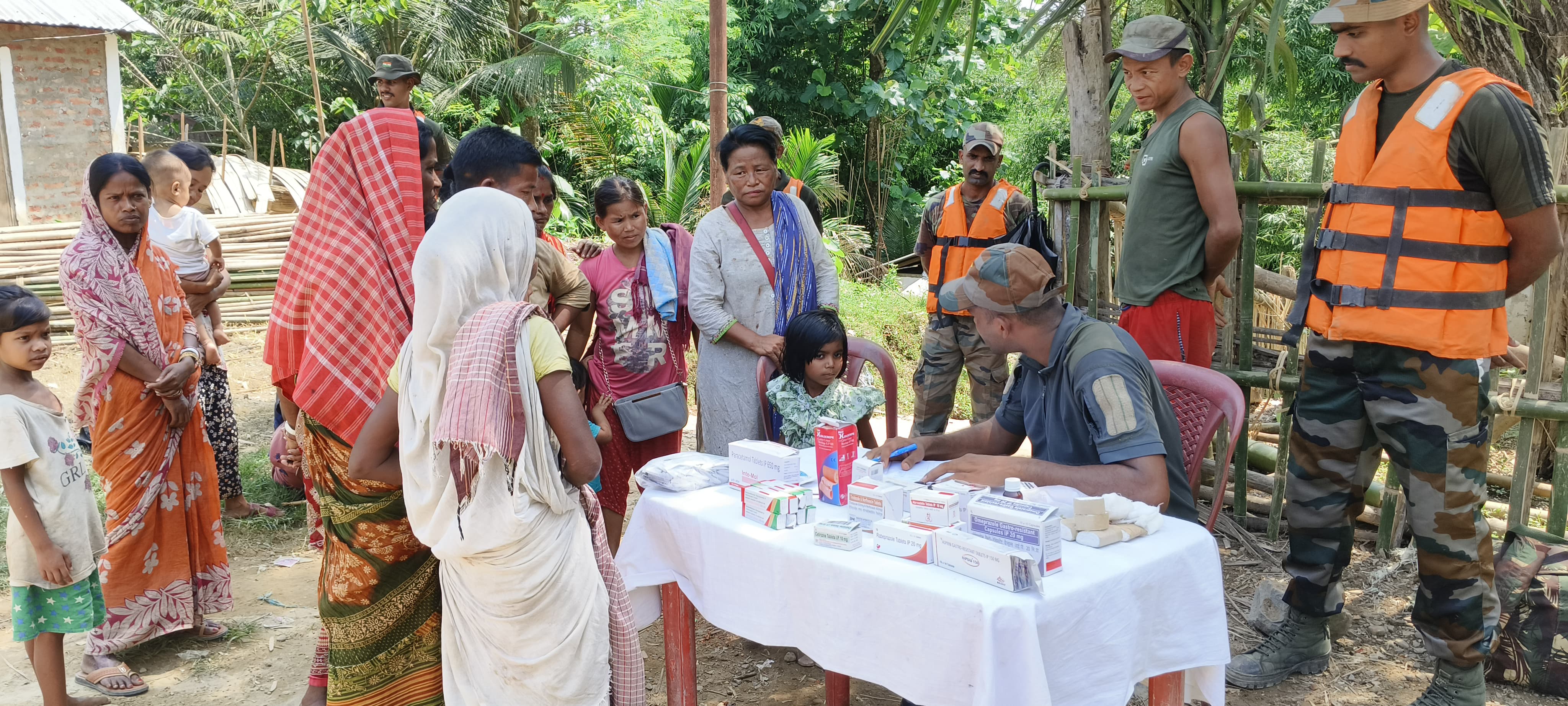
June 5, 2025
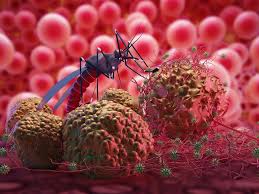
June 5, 2025
June 5, 2025
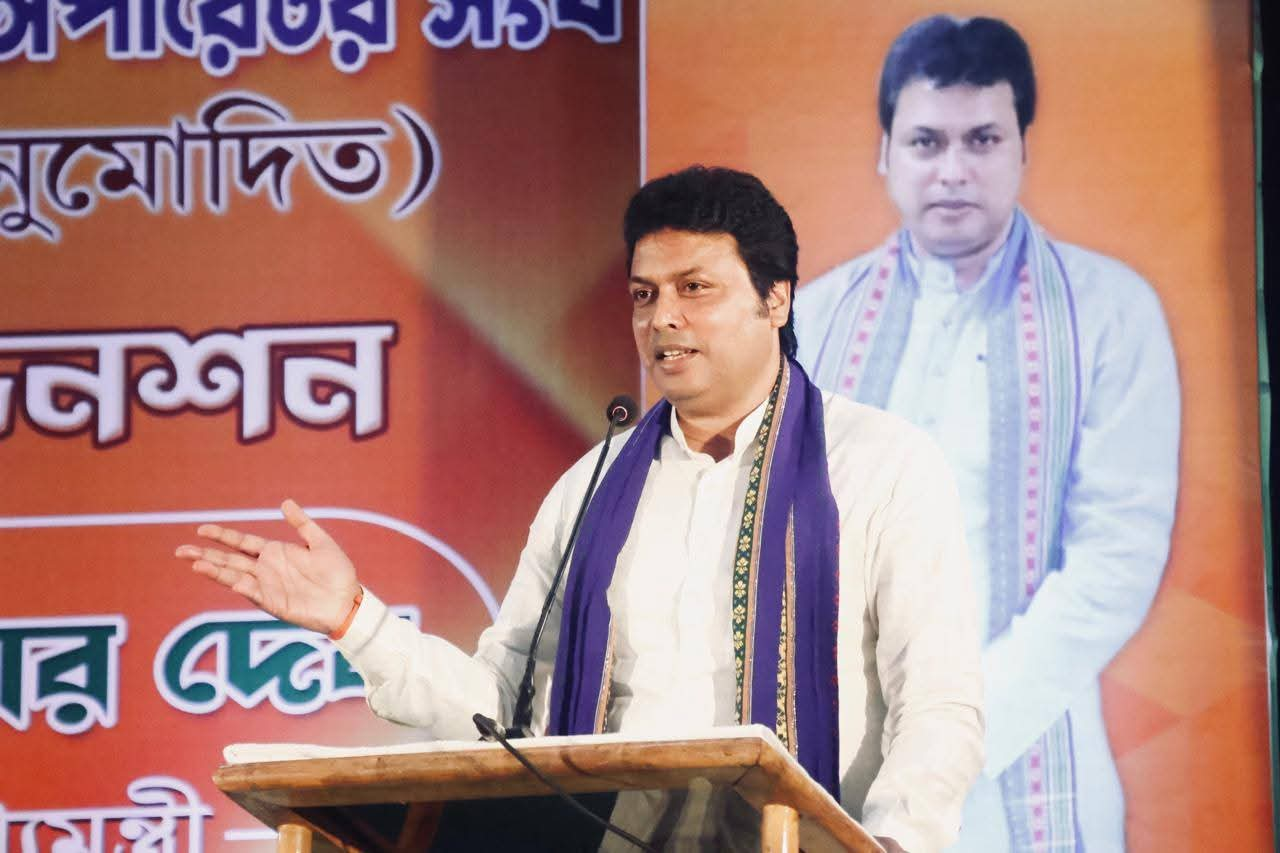
June 5, 2025
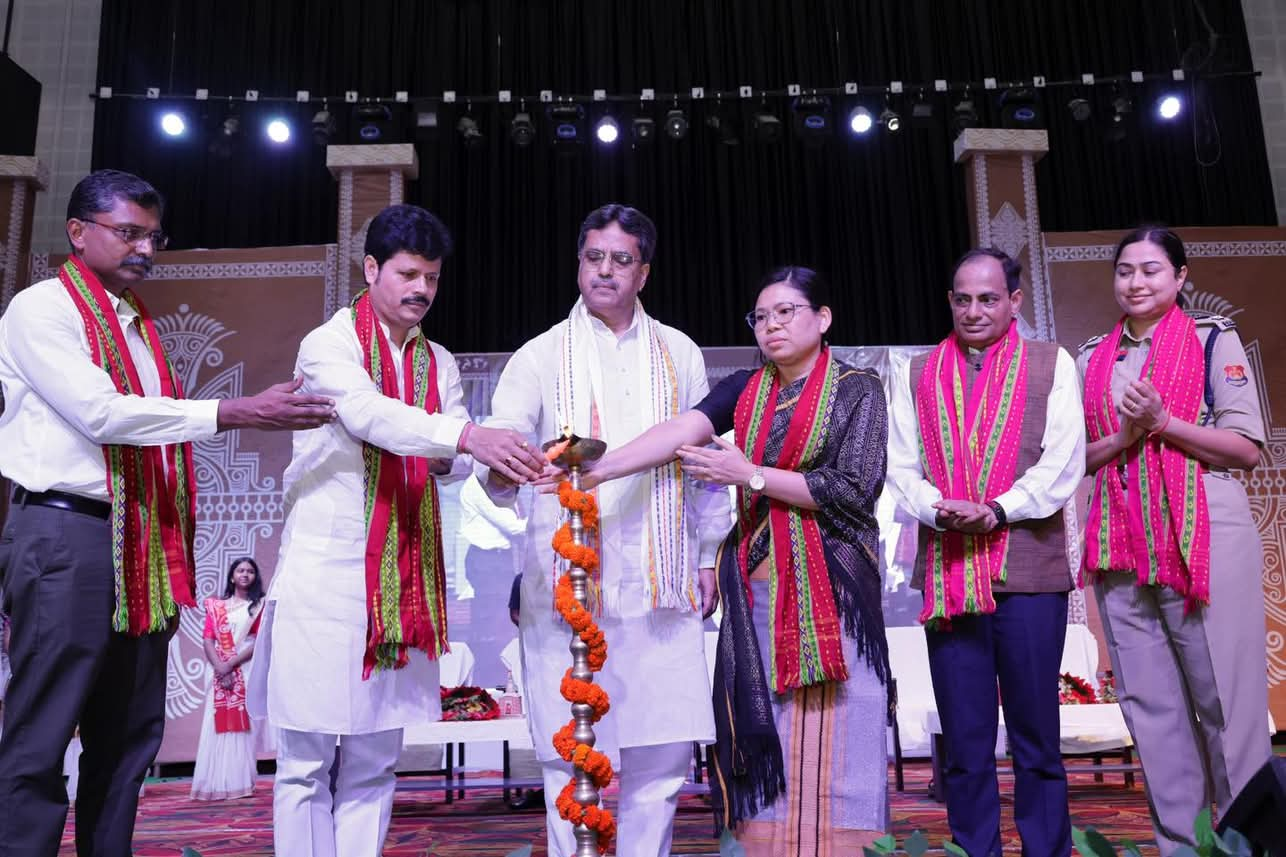
June 5, 2025
June 5, 2025
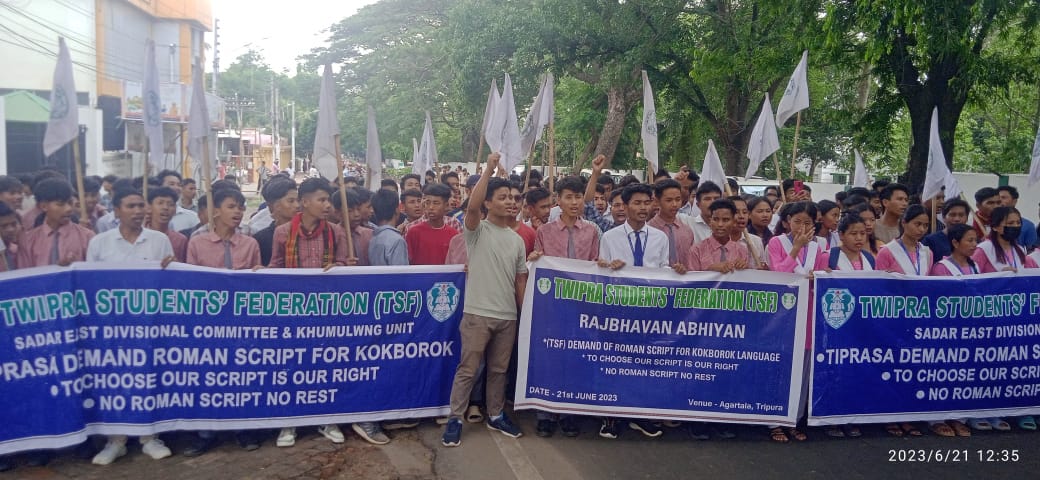
June 5, 2025

June 5, 2025
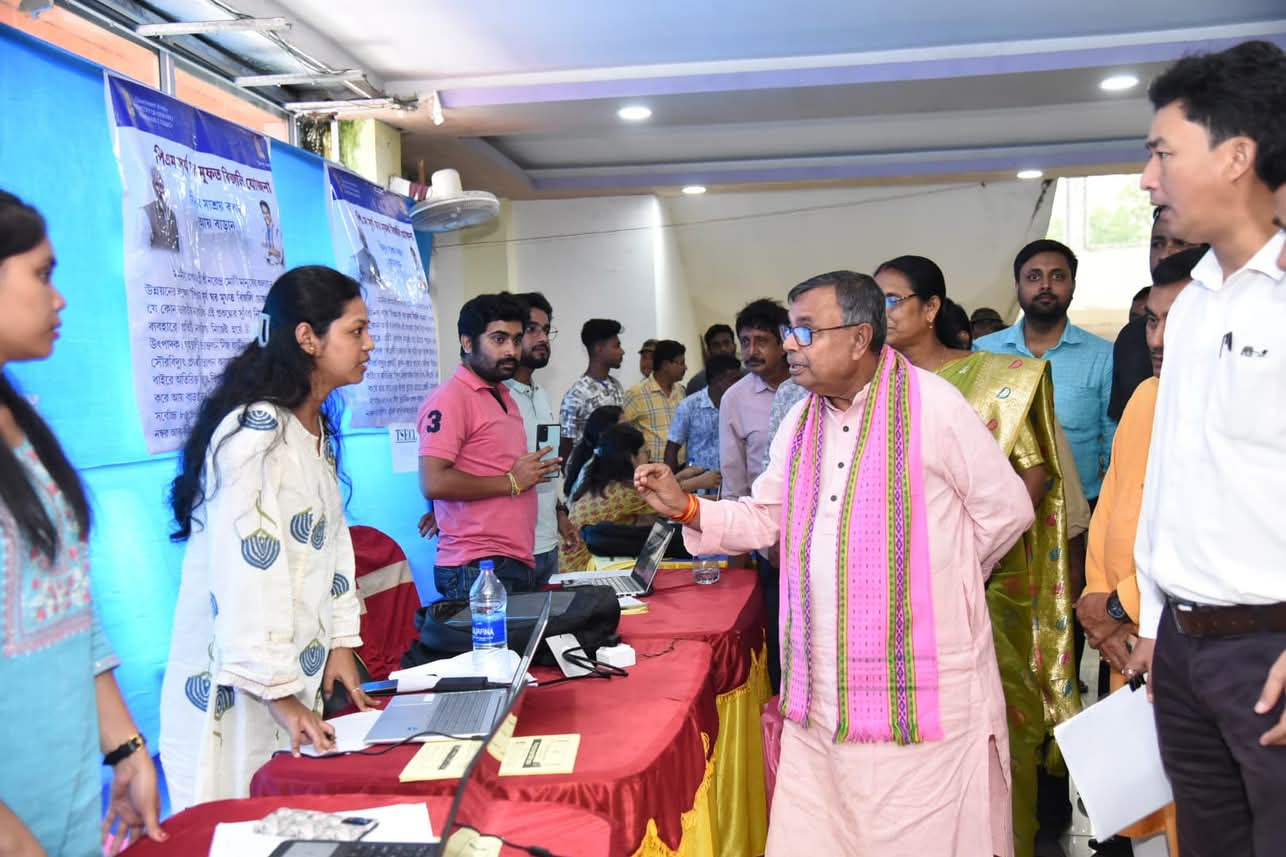
June 4, 2025
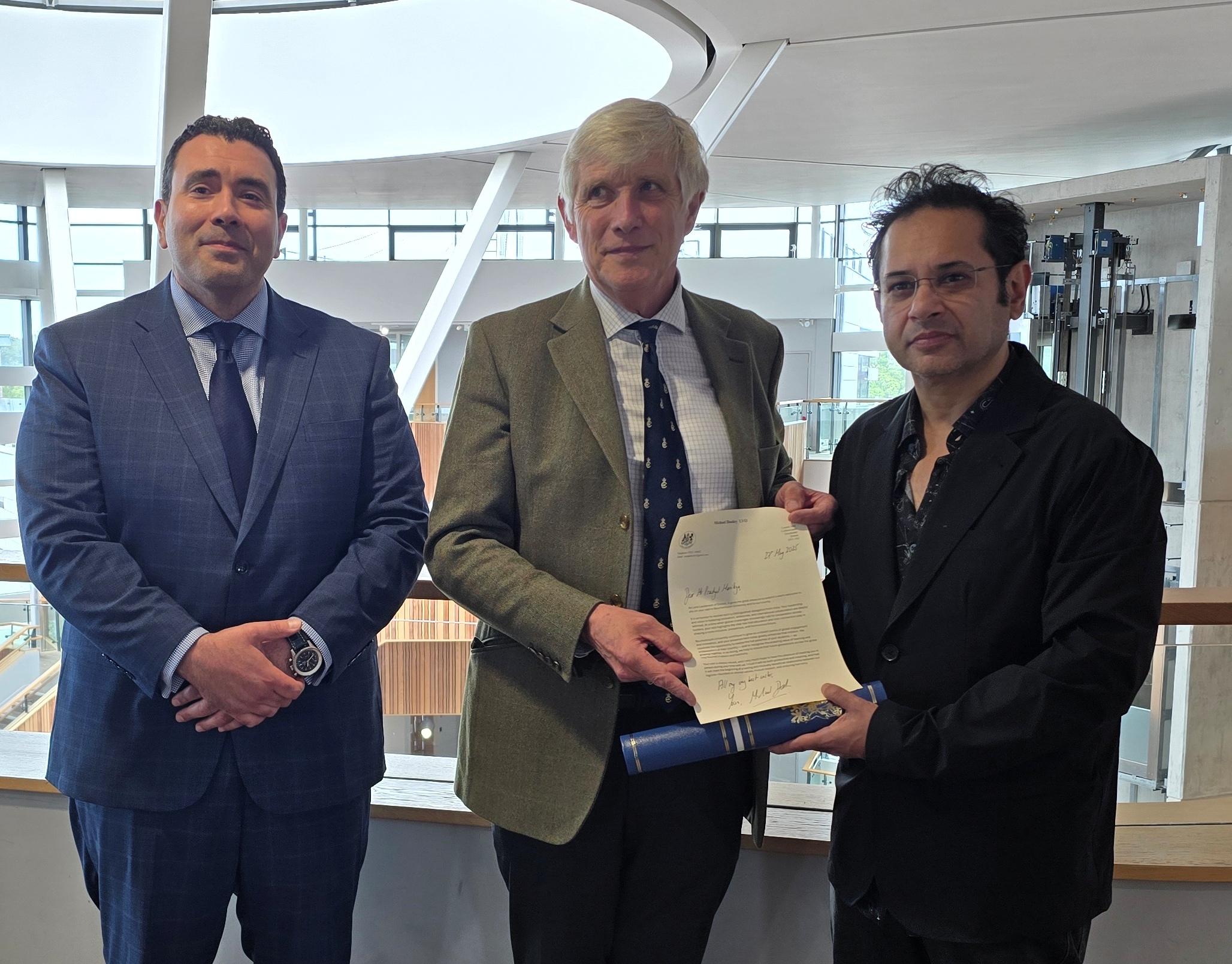
June 4, 2025
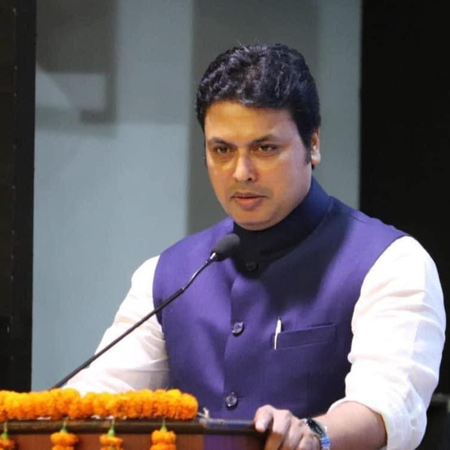
June 4, 2025


